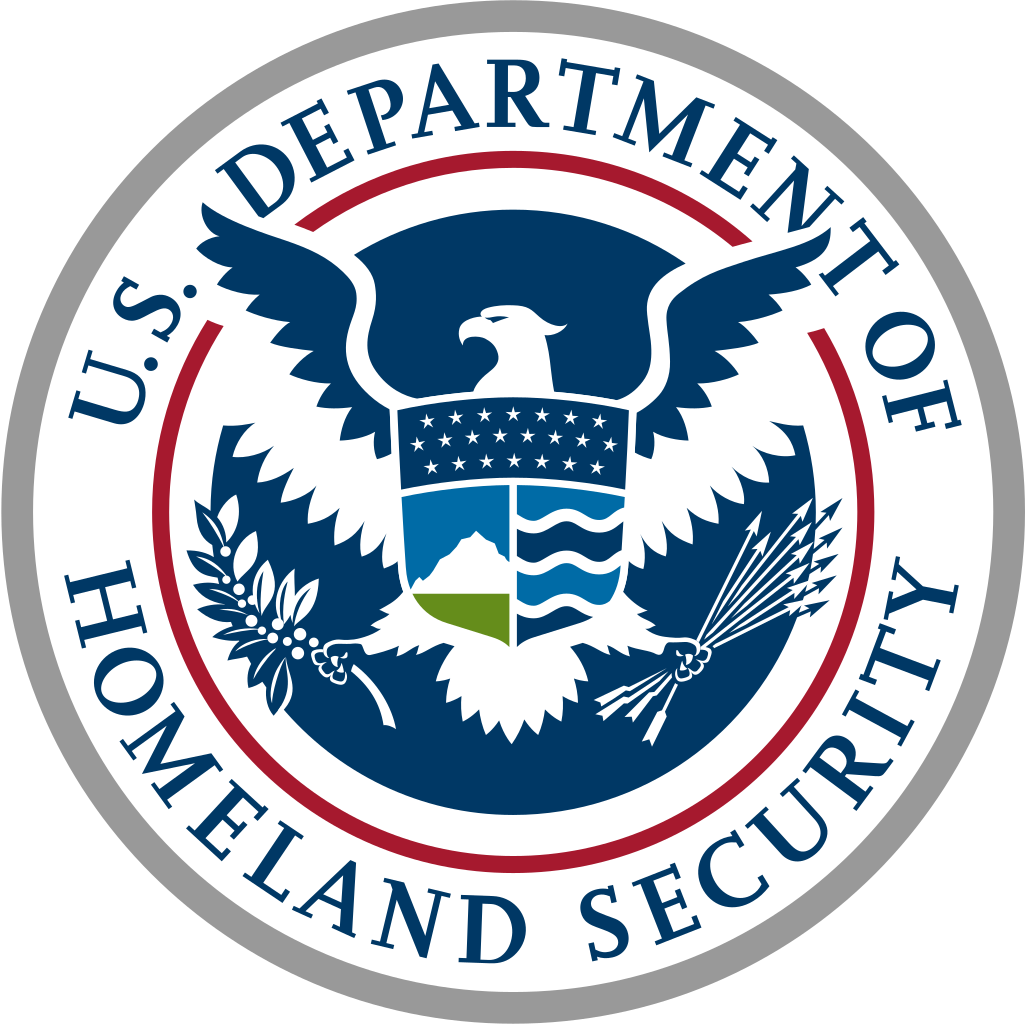Graduate Studies
The Virginia Commonwealth University Department of Computer Science offers Certificate, M.S. and Ph.D. programs. For information on how to register, visit the graduate application website.
Applicants to the M.S. program may request a waiver of the GRE exam requirement. To submit the request, email csgrad@vcu.edu and attach undergraduate transcripts that include all course grades and the GPA.
The Master of Science in Computer Science emphasizes continuing self-development of individuals currently engaged in science, technology and engineering-related fields and prepares those who have completed undergraduate majors in these fields for entry into a career in computing technology.
The department also offers a Ph.D. in Computer Science. Applicants for this research-intensive doctoral program must provide a statement of intended research (approximately one page in length) with his or her application. It is strongly recommended that applicants discuss their research proposals with VCU Computer Science faculty in advance.
The department financially supports a limited number of graduate students, and such awards are made on a competitive basis. For details on graduate admission procedures, please refer to the information provided by the College of Engineering and the VCU Graduate School websites.
For more information about the programs email csgrad@vcu.edu. More information about tuition at VCU Monroe Park Campus is available. International applicants should also visit VCU Global Education Office website.
For information on graduate-level specialization areas
More information on how to register for a program
Graduate programs
Computer Science, Doctor Of Philosophy (Ph.D.)
Students in the Ph.D. in Computer Science program will be immersed in a curriculum that exposes them to computer science theory, computer systems, machine learning, data sciences and cybersecurity.
Computer Science, Master Of Science (M.S.)
The program is designed to develop skills and educate CS students to be major contributors in the computing industry. The graduate program in computer science provides state-of-the-art education through the use of didactic courses to those students who wish to further their knowledge and careers within the computing industry.
Post-Baccalaureate Graduate Certificates
Certificate In Data Science (Post-Baccalaureate Graduate Certificate)
The Certificate in Data Science will train students in computer methods for analyzing big datasets generated by industry, research and government entities. Students will learn techniques for transforming the data into knowledge; developing algorithms for constructing computer systems that automatically learn from data; and tracking and evaluating new techniques and approaches in data science.
Certificate In Cybersecurity (Post-Baccalaureate Graduate Certificate)
Students who complete the certificate will be able to assist software developers and system administrators by analyzing the security of databases, applications, networks and computer systems; assessing security risks and identifying vulnerabilities in computer and network systems; and developing methods and techniques for defending against a range of types of cyber attacks.
Graduate Certificates
Cybersecurity
We are designated as NSA Center of Academic Excellence in Cyber Defense and as NSA Center of Academic Excellence in Cyber Research (one of 4 in Virginia)


Students enrolled in computer science M.S. and Ph.D. programs can specialize in cybersecurity.Students specializing in cybersecurity must complete five graduate courses in the area of cybersecurity. The following courses count toward the cybersecurity specialization (at least 5 of these will be offered over a four-semester period):
- CMSC 502. Parallel Algorithms.
- CMSC 512. Advanced Social Network Analysis and Security.
- CMSC 525. Introduction to Software Analysis, Testing and Verification.
- CMSC 612. Game Theory and Security.
- CMSC 615. Cryptocurrency and Blockchain Techniques.
- CMSC 618. Database and Application Security.
- CMSC 620. Applied Cryptography.
- CMSC 622. Network and Systems Security.
- CMSC 623. Cloud Computing.
- CMSC 628. Mobile Networks: Applications, Modeling and Analysis.
- CMSC 654. Memory and Malware Forensics.
Data Science students enrolled in computer science M.S. and Ph.D. programs can specialize in data science.Students specializing in data science must complete five graduate courses in the area of data science. The following courses count towards the data science specialization (at least 5 of these will be offered over a four-semester period):
- CMSC 510. Regularization Methods for Machine Learning.
- CMSC 516. Advanced Natural Language Processing.
- CMSC 601. Convex Optimization.
- CMSC 603. High Performance Distributed Systems.
- CMSC 630. Image Analysis.
- CMSC 635. Knowledge Discovery and Data Mining.
- CMSC 636. Artificial Neural Networks and Deep Learning.
- CMSC 678. Statistical and Fuzzy Learning.
Dahlgren Academic Fellowship Learn more about the Dahlgren Academic Fellowship